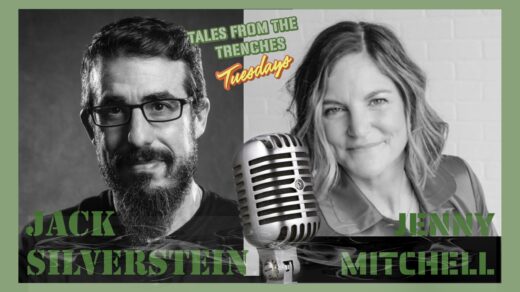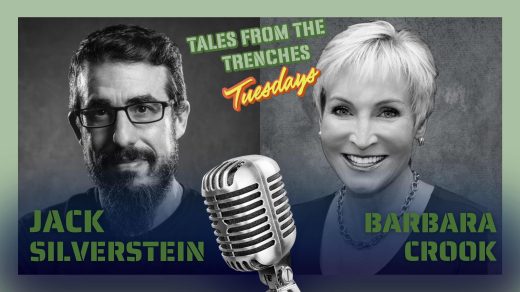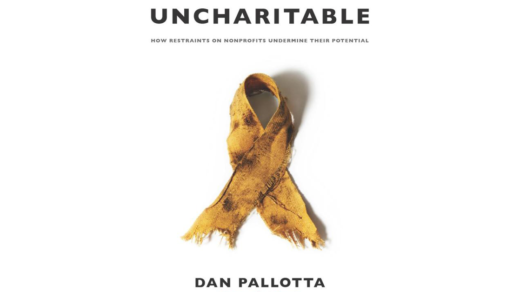
Tomorrow evening (at sunset) will mark the beginning of the Jewish holy day(s) of Passover. I thought that I would change things up a bit and write my blog from a philosophical perspective. The story of Passover is the story of the Jews’ exodus from slavery in Egypt after centuries of slavery and oppression. Moses asked Pharoah for freedom, and he kept refusing. There were the ten plagues that Pharoh ignored, and G-d punished the Egyptians, ultimately ending in the death of the firstborn. G-d passed over the homes of the Jews during this plague, and they were spared, hence the name Passover. Makes for a great movie, huh?
The Passover meal (called a seder) obliges those present to recount the story so that it will be engrained in our memories forever, passed down from generation to generation. During the seder, there is a passage that says, “In every generation, every person must see themselves as if they themselves were personally freed from Egyptian bondage.” Part of the seder talks about the desire that next year we will be free. That is not necessarily the literal sense of freedom — I don’t know anybody that is incarcerated. Rather it is symbolic freedom that I would extend to the work that I do. Freedom isn’t just the absence of oppression. Rather it is the presence of meaningful self-fulfillment.
So many charities are in the social service arena. They see injustices every day. The homeless person who cannot find shelter; the kids who do not have a proper breakfast; and the seniors who are shut-ins. Fundraising tries to fix these injustices by injecting well-needed funding, but are we really eradicating the problem or merely putting on a band-aid? This is the crux of fundraising, folks — audacious goals.
The Connection to Fundraising
At this time of year for Jews, there is a directive to specifically donate to the poor so that they have food to eat for the seder. This, presumably, is so that they can participate in the seder as free people. In my days of Jewish communal work, I learned that Passover is the most observed of all the Jewish religious holidays. Some do a full seder with many readings; some have a family meal and note the holiday. But COVID has put a damper on these gatherings, and it certainly hasn’t helped our feeling of freedom.
I think many of us can attest to the notion of COVID being like one of the ten plagues. Except, in this case, nobody is spared. That’s a pretty deep idea. We may not be enslaved in Egypt, but many of us are metaphorically enslaved to our phones, computers, and jobs. Many fundraisers have stagnated — trapped in an organization without a path forward (that isn’t free, my friends). Stating that “next year we will be free” is just a platitude — what are we doing to ensure that we are free? That everyone is free?
I am reminded of a discussion that I had years ago with a former colleague. We were talking about the myth of stability. How having a job, a family, etc., can be considered stable. I vehemently disagreed and said the only stability is in between your ears — your mindest. All of those items (job, family, etc.) can easily become unstable. This past year of the pandemic has proven that. The mindest of stability is congruent to the mindset of freedom. It is a state of mind.
Conclusion
It is incumbent on all of us (as fundraisers) to think of ways to be freed, whether literally or metaphorically. What difference do we want to make in the world? Will making that difference set us all on a path to freedom? Just as the story of Passover has been delivered for thousands of years, from generation to generation, so too may stories of this pandemic. The crux of the pandemic story will boil down to realizing the world’s fragility and what we are going to do about it.
So, for those that celebrate, Happy Passover. I hope you have a very meaningful seder. For those that don’t, I hope that you may have been enriched by a fundraiser’s take on a biblical story. For those that really like the Ten Commandments, Pamela Grow created a Ten Commandments for Fundraising a decade ago, but still rings very true today.
L’chaim,
jack




